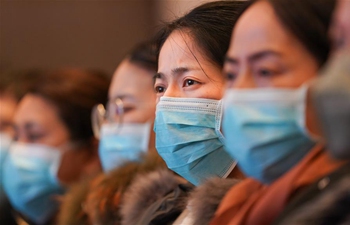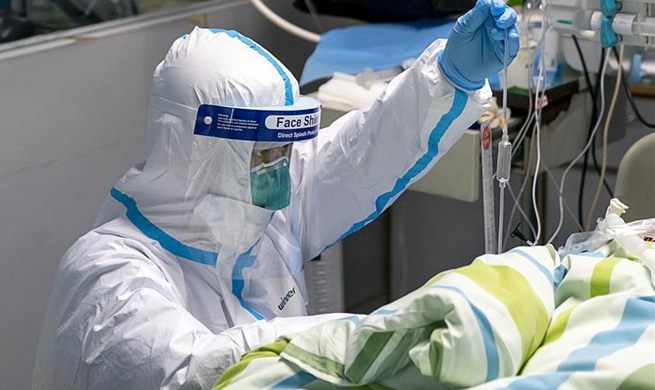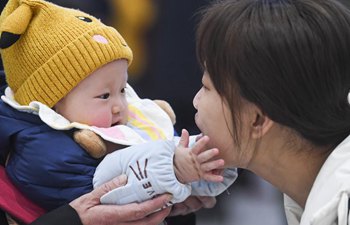UNITED NATIONS, Jan. 24 (Xinhua) -- UN Deputy Secretary-General Amina Mohammed on Friday warned of the "qualitative crisis" in the world's education, pointing out that many students at school are not acquiring the knowledge and skills they need.
Mohammed made the remarks in her speech at the opening session of a high-level interactive dialogue on education, convened by UN General Assembly President Tijjani Muhammad-Bande to mark the second International Day of Education.
She said while 258 million people between the ages of six and 17 are still out of school, more than half of all children and adolescents do not meet minimum proficiency standards in reading and mathematics.
At the current rate, she said, by 2030, 420 million of the 1.4 billion school-age children in low and middle-income countries will not learn the most basic skills in childhood, and 825 million will not acquire basic secondary-level skills.
Over and above basic skills, she noted, education and training are not preparing students to meet the demands of a globalized, digitalized world, perpetrating existing inequalities and fueling further injustice.
Taking gender equality for example, Mohammed pointed out that young women have low participation rates in Science, Technology, Engineering and Mathematics (STEM) studies, meaning they risk being left behind in fast-changing labor markets.
Also, marginalized groups, including refugees and persons with disabilities, receive education that does not respond to their needs and abilities, or their unique realities and identities, she said.
Indigenous peoples are not all able to attend culturally appropriate schools, led by trained indigenous teachers, using teaching materials in indigenous languages and based on indigenous culture, she added.
To improve the quality of education, the UN deputy chief said relative authorities should consider the needs in individuals that vary across contexts, calling on them to incorporate "social transformation," "environmental transformation," and "digital transformation" needed for the upgrade.
"We have the power to shape education, but only if we work together and really bring the partnerships that are necessary to provide quality education," she said. "This International Day must be a call to action."
In December 2018, the UN General Assembly proclaimed Jan. 24 as International Day of Education, in celebration of the role of education for peace and development.

















